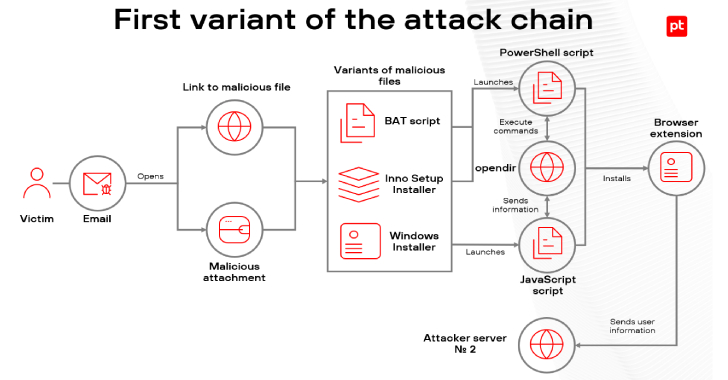
Why You Shouldn’t Ignore Operational Resilience Programs
Operational resilience has rapidly become one of the most discussed topics in the corporate world, yet many still underestimate its importance. Rather than viewing operational resilience programs as a mere checkbox or a regulatory compliance demand, businesses should recognize them as essential drivers of long-term stability and success.
So, what is operational resilience? At its core, it’s the ability of an organization to continue to operate and serve its customers, even when faced with unexpected disruptions. This could range from cyber-attacks, natural disasters, supply chain interruptions, to unforeseen global events like the COVID-19 pandemic. Let’s delve deeper into why giving this topic the attention it deserves can be a game-changer for your business.
- Ensuring Business Continuity
Every business, regardless of its size or industry, thrives on consistency and predictability. However, the business landscape is fraught with uncertainties. When disruption strikes, the absence of a well-structured operational resilience program can lead to long downtimes, loss of customer trust, and significant financial impacts.
In contrast, businesses that have robust operational resilience frameworks can quickly pivot, adapt, and continue to deliver their services or products with minimal interruptions. This not only safeguards revenue streams but also protects a company’s reputation.
- Protecting Against Financial Loss
The monetary impact of unexpected disruptions can be staggering. According to recent data, the average cost of downtime can range from $5,600 per minute to over $540,000 per hour, depending on the industry and the nature of the disruption. These figures don’t even account for the long-term loss in customer trust and potential lawsuits.
Investing in operational resilience programs may seem like an added expenditure, but it’s better to view it as insurance. By putting preventive measures in place, businesses can significantly reduce the financial risks associated with unplanned disruptions.
- Strengthening Customer Trust
In the modern market, consumer loyalty hinges not just on product quality or service, but also on reliability. When businesses face disruptions but still manage to deliver consistently, it fosters a sense of trust and loyalty among consumers. They appreciate knowing that a company is prepared and reliable, even during challenging times. In an age where customers can easily jump ship to competitors, that trust is invaluable.
- Complying with Regulatory Demands
While not the most glamorous reason, compliance is an ever-growing concern. Numerous industries now have regulatory bodies emphasizing the need for operational resilience. Financial sectors, healthcare, and utilities, among others, have seen a surge in requirements around how businesses should prepare for and respond to disruptions.
Ignoring these mandates can result in hefty penalties, further emphasizing the financial argument in favor of operational resilience programs. Moreover, being proactive about these requirements, rather than reactive, positions a business as an industry leader – one that’s ahead of the curve and values both its customers and stakeholders.
- Enhancing Decision-Making and Strategy
Operational resilience isn’t just about responding to disruptions; it’s also about anticipating them. When businesses invest in these programs, they engage in rigorous scenario planning and risk assessments. This proactive approach provides invaluable insights into potential vulnerabilities and areas for growth.
Such insights can inform strategic decisions, from product development to market expansion. When a business knows its weak points, it can innovate to fortify them, turning potential vulnerabilities into opportunities for differentiation and growth.
Conclusion
Operational resilience programs, while seemingly complex and daunting, offer businesses a path to not just survival, but thriving in an unpredictable world. By preparing for the worst, businesses can hope for the best, ensuring they remain on a trajectory of growth and success, no matter what challenges lie ahead.
By valuing operational resilience, companies send a powerful message to their stakeholders, employees, and customers: “We’re prepared, we care, and we’re here to stay.” Isn’t it time your business embraced the future with the same conviction?
Contact Cyber Defense Advisors to learn more about our Operational Resilience Program solutions.




